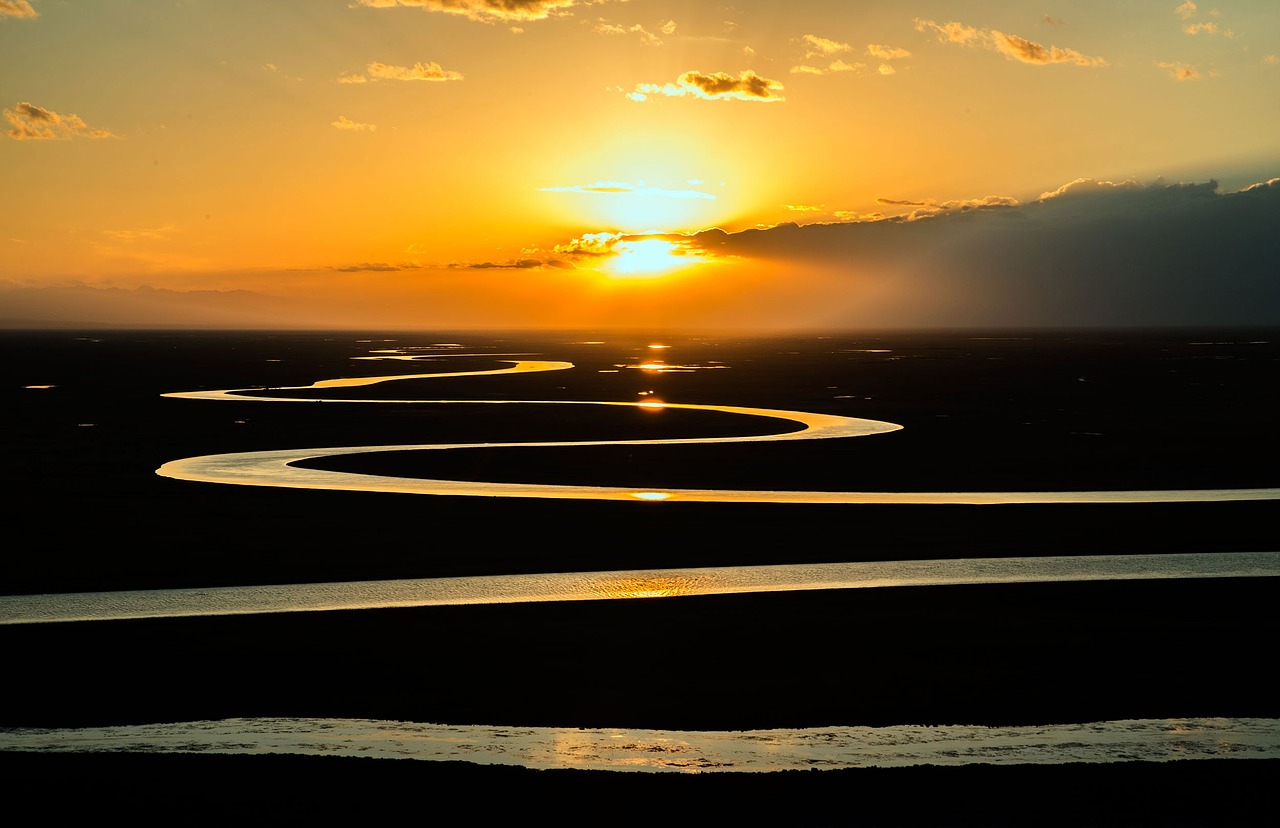So begins a poem by Theodore Roethke (pr. Ret-ke) that I used to teach. In a simple classroom on a farm in Vermont, we sat around a large maple table, reading the lines out loud together. We did this on the anniversary of 9-11. We pulled out the poem again when one of my students was paralyzed in a bike accident, and again when a faculty member’s brother died. It was a tradition born in the belief that poetry heals; it universalizes the human condition and gives specific language to feelings of sorrow that we share.
I’m thinking about this poem again because it is a dark time in America and across the ocean right now. Horrible shootings. Senseless, un-repairable bombings and violence. Politicians screaming offensive remarks, clouding the air with hatred. A people divided and afraid.
I know the purity of pure despair
My shadow pinned against a sweating wall—
I went for a run early this morning and a police car rolled up next to me in the dawn-dim light and I felt afraid. What was he going to do to me? I slowed down and let the car pass. A few minutes later, a young man was walking towards me. I felt afraid. Did he have a gun? I crossed the street and picked up my pace. Then I heard a deafening boom from somewhere off to my right. It was likely just a truck backfiring at a construction site, but I jumped. Both feet came off the sidewalk. I’m clearly on edge.
Plus, in my situation now, knowing that I have an extensive tumor threatening my brain stem and my ability to breathe, I can go to a dark place really fast. And I do. What if I don’t make it through the night? How will my daughter, who sleeps with me when she has nightmares, handle waking up next to her un-breathing mother? See, I told you I can go to a dark place, fast.
That place among the rocks, is it a cave,
Or winding path? The edge is what I have.
The thing is, I need to go to those dark places as part of the process. It doesn’t help to push those thoughts away – they just keep on coming back, knocking louder. So I am practicing sitting here in the dark, paying attention. It’s like walking in a forest at night without a flashlight and slowly letting my eyes adjust to the dark.
I also need to remember lessons learned from natural history. A deer, when it senses the presence of a mountain lion, jumps and runs away. Adrenaline pumping through her veins, she can move fast and far in just fifteen minutes. But then she stops running and stands still. She listens, and slowly relaxes. She lets her nervous system process the adrenaline and let it go. She stands there, licking the dew off the grass blades far from her fight/flight center where she was living just moments before. She recovers fully so that if the lion approaches again, she will be able to escape.
But in these dark times, we are living in our fear centers all the time. Our bodies can’t tell that there is no lion and that this is not, in fact, a case of life and death. We feel threatened, unsafe, out of control. And so our oldest protective fight/flight nervous system kicks in. The result is that we are trying to make decisions, parent, and live from the core of a nervous system that is only designed to help us for fifteen minutes, to immediately escape danger.
So what do we do? Step back and gain perspective. It’s been dark before. It will be dark again. We can still move forward in the dark. Ask the mothers of the middle ages. Ask the widows of the civil war. Ask the children of internment camps. Ask the young people of the late 1960s when we were caught in an endless stream of assassinations and war in Vietnam. Is this, now, really, the darkest time?
We have a tendency to imagine that the Golden Age is behind us, those days when people climbed hilltops to sit under trees and write poetry. Times were simpler, which must mean better than now. But is that really true?
Dark, dark my light.
A fallen man, I climb out of my fear.
This morning, I sit up in bed and close my eyes, letting waves of fear and emotion about my upcoming surgeries pass through me. I breathe and relax. What do I notice in the dark? I see that I have lived in fear for too long. I also see that I have counted on others to lead: politicians, lawmakers, and people I have deemed less-busy than me.
If it was clear before, it is vivid now. We need to step up. When my surgeries are behind me, I need to rearrange my days and devote at least 10% of my time to directly advocating for non-violence, for wild places, for gender equality, for gun-control laws. We’re sitting in the dark in our living rooms with the doors locked, when we should be sitting on our representatives’ doorsteps, saying we’re here to help you push peace forward.
And one is One, free in the tearing wind.
With my students, we used to linger on this confusing last line of Roethke’s poem, trying to make sense of it. This morning, I see the lowercase, singular “one” as me sitting in the dark, facing my personal fears. And I see the capitalized “One” as all of us. The way forward for me to heal is through the universal. We are all in pain and instead of just spinning in my own fears, I may as well show up and help others out. Maybe in the process of being in the dark together, we heal, and set each other free.
***

